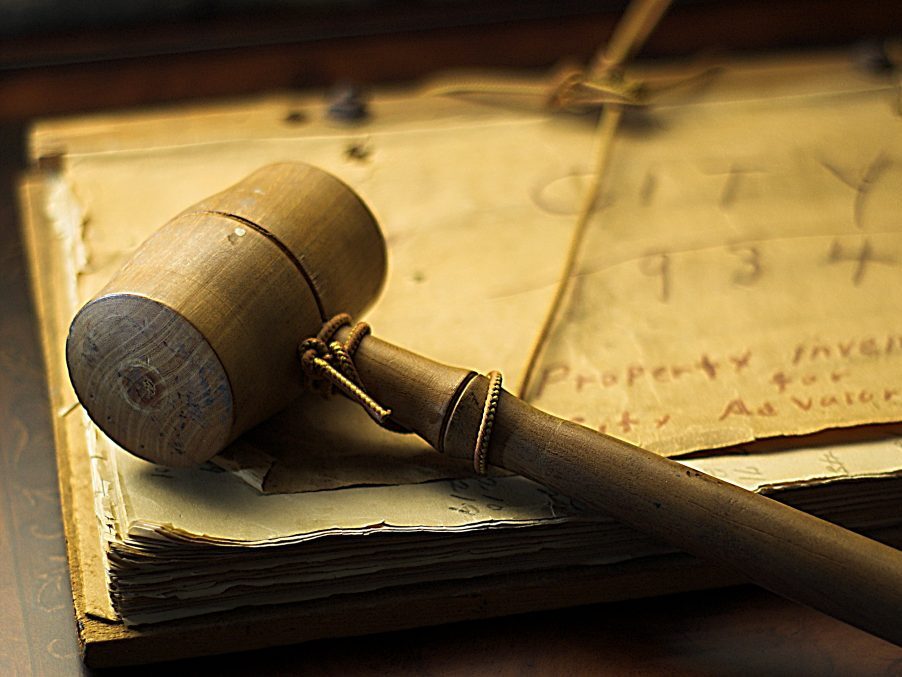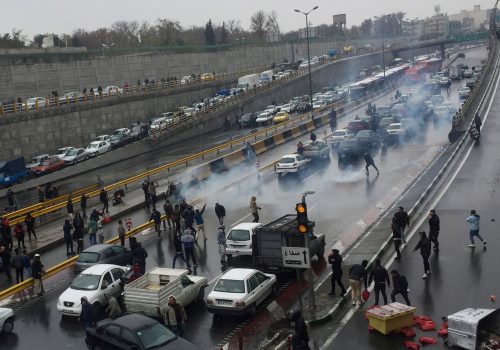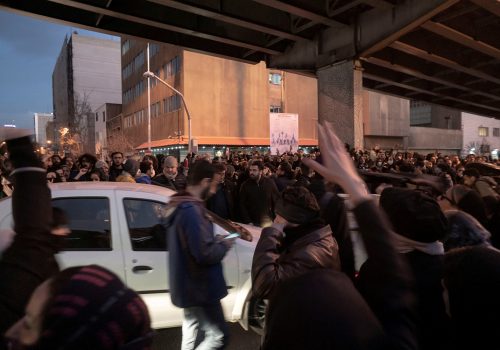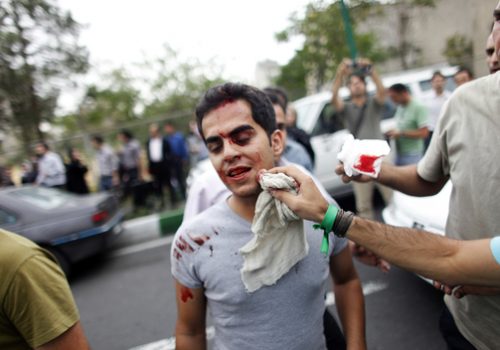As the global community continues to grapple with the coronavirus (COVID-19), the Atlantic Council is open for business. Our business, meetings, and events, however, are occurring virtually. For more information, please read an update from our President and CEO.
In 2021, the international community is set to re-engage with the Islamic Republic of Iran (IRI) over its nuclear program and other regional and global issues. There are fears that re-engagement will overshadow concerns over the IRI’s dismal human rights record—which includes the imprisonment of prisoners of conscience, the execution of individuals for the exercise of their political and civil freedoms and the persecution of marginalized and minority groups. With no sign of net improvement in human rights in Iran, it is a global imperative to reimagine the ways in which perpetrators of gross human rights violations in Iran can be held accountable.
Investing in strategic civil litigation could prove to be a useful tool toward this goal. Civil litigation authorities that provide remedies in tort for acts of torture, terrorism, crimes against humanity, war crimes, extrajudicial killings and other human rights violations and atrocity crimes can be used to bring IRI violators to account.
To help close the accountability gap in Iran and beyond, the Atlantic Council launched its Strategic Litigation Project to inject fresh thinking into how governments and practitioners can apply legal tools to further advance human rights and transparent government around the world.
Please join us on Tuesday, December 15, from 1:00 p.m. to 2:30 p.m. ET for the launch of the debut report for the Strategic Litigation Project, “Closing the Accountability Gap on Human Rights Violators in the Islamic Republic of Iran through Global Litigation Strategies,” by resident senior fellow Gissou Nia. The report contains recommendations for new laws, amendments to existing laws, and the creation of enforcement mechanisms to aid in the effort to combat impunity for the IRI’s human rights violations and atrocity crimes.
This panel will focus on a discussion of these tools, and key takeaways from civil litigation in the United States, Canada and Europe that can apply to cases concerning human rights violations in Iran.
Agenda
Opening remarks

William Wechsler
Director, Rafik Hariri Center for the Middle East and Middle East Programs
Atlantic Council
Moderated by

Gissou Nia
Senior Resident Fellow
Atlantic Council
A conversation with

Haydee Dijkstal
Barrister
33 Bedford Row Chambers, London

Amanda Ghahremani
International Human Rights Lawyer
Canadian Partnership for International Justice

Scott Gilmore
Of Counsel; Adjunct Professor
Hausfeld LLP, Washington DC; Georgetown Law
Related experts
Related content
Learn more about the Rafik Hariri Center and Middle East Programs

Through our Rafik Hariri Center for the Middle East and Scowcroft Middle East Security Initiative, the Atlantic Council works with allies and partners in Europe and the wider Middle East to protect US interests, build peace and security, and unlock the human potential of the region.

The Atlantic Council’s Strategic Litigation Project injects fresh thinking into how governments and practitioners can apply legal tools to advance human rights and democracy around the world.



